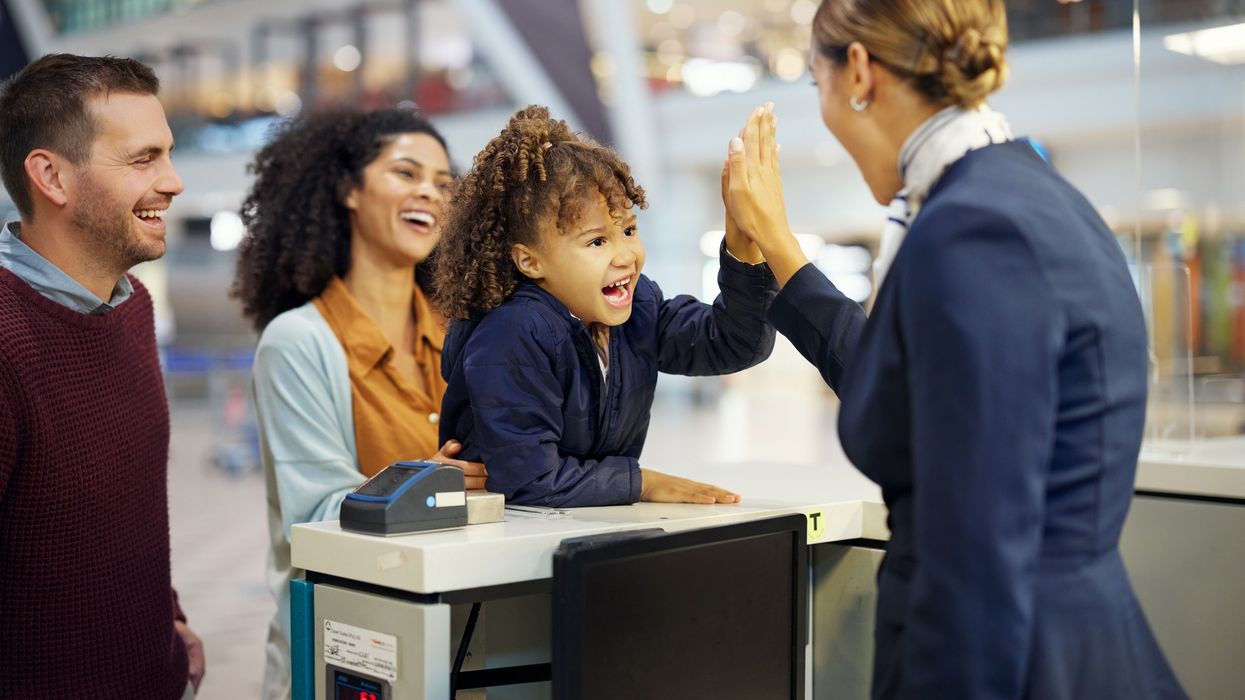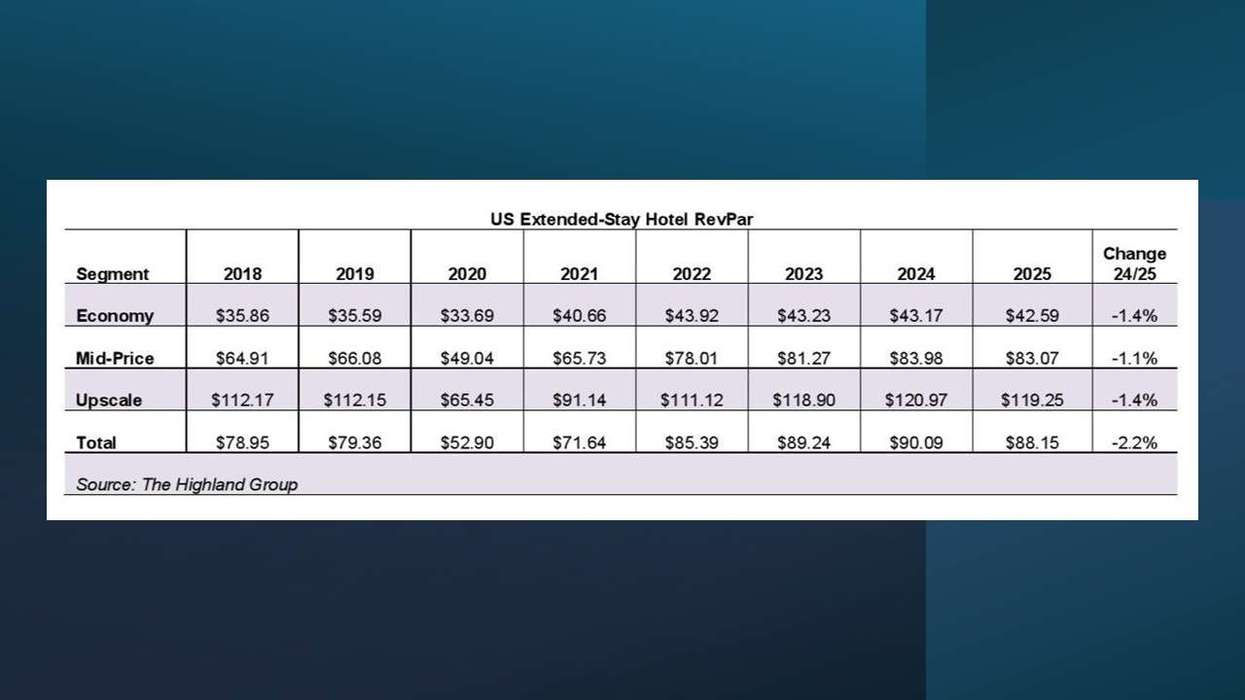U.S. TRAVELERS FACE ongoing frustrations despite strong 2024 travel volumes, including delays, planning, costs, and airport experiences, according to an Amadeus study. Each traveler encounters unique challenges, the survey found, and while technology can address many frustrations, it doesn't solve them all.
“Technology is important, but so is the human touch,” states the survey “Friction Removed.”
Technology vs. human touch
Technology plays a role in improving the traveler experience, the survey says. Travelers find mobile planning apps the most helpful at 89 percent, followed by automatic rebooking, digital bag tracking, integrated airline and hotel booking, and fully digital IDs and travel documents, all at 86 percent.
However, the research also highlights situations where travelers seek more human interaction. About 44 percent of leisure travelers want the human touch at airport security and border control, while 43 percent prefer it during hotel check-in and check-out.
Leisure travelers also see a role for human input in planning nearly any type of journey. Among them, 47 percent of family travelers want more human interaction, as do 47 percent of those on accessibility-focused trips, 43 percent of solo travelers and 40 percent of group travelers.
Human input is also valued in trip planning, with 47 percent of family travelers, 47 percent on accessibility-focused trips, 43 percent of solo travelers and 40 percent of group travelers wanting more human involvement.
Friction alerts
When asked about trip friction, 68 percent cite delays or cancellations, 50 percent mention cancellation costs, 47 percent struggle with coordinating group travel, 46 percent face challenges at airport security and border control and 38 percent have trouble finding suitable locations.
Segmenting by traveler type, business travelers report more friction than leisure travelers, with more citing challenges such as comparing prices across sites, 44 percent versus 39 percent; understanding fees and taxes, 42 percent versus 36 percent; and finding suitable accommodations, 45 percent versus 33 percent.
The study also found differences based on age, income, and travel experience. Notably, 49 percent of Gen Z travelers find planning routes and schedules distressing, compared to just 35 percent of those aged 65 and older.
“We are focused on making the travel experience better for everyone, everywhere,” said Rajiv Rajian, Amadeus' executive vice president and chief commercial officer for Americas travel. “By delving deeper into the root causes of U.S. traveler frustrations, we can explore ways to overcome them, and technology has a big part to play. Whether it’s biometrics, mobile apps, digital traveler identification, disruption management, or other applications, we believe there are opportunities to deploy technology to further relieve distress and create more seamless journeys.”
In October, a survey commissioned by G6 Hospitality found that 51 percent of travelers celebrating winter holidays this year will hit the road, compared to 13 percent flying. The survey also revealed that one in four travelers will choose a hotel or motel this holiday season.






